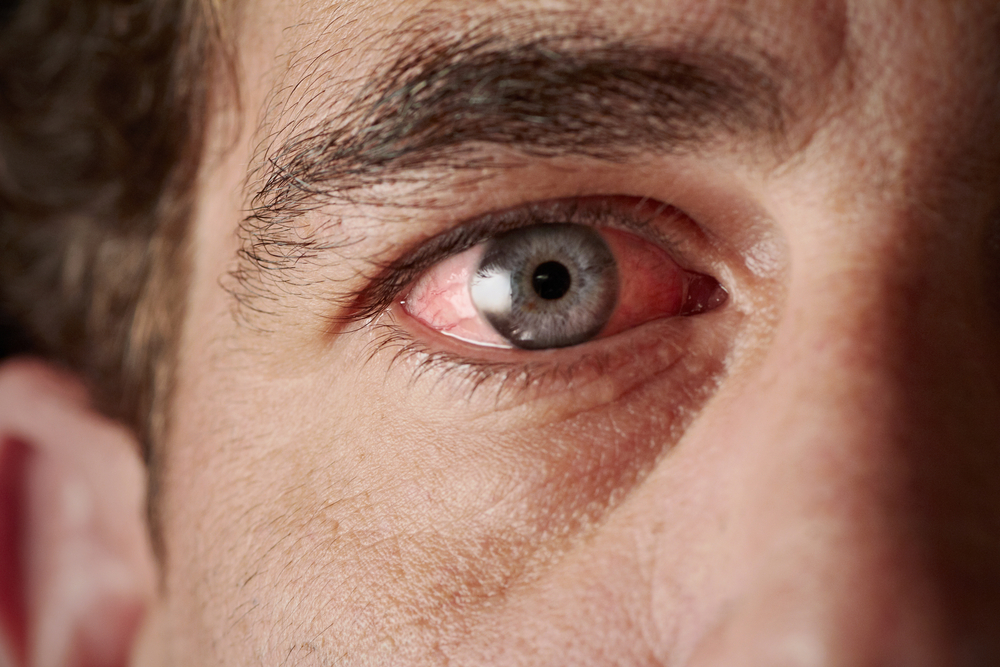Conjunctivitis

Conjunctivitis
Conjunctivitis is a swelling and irritation of the membrane that covers the white part of the eye and eyelid lining. It is also called pink eye due to the pink color of inflamed blood vessels.
Many irritants can cause temporary conjunctivitis. Seasonal or indoor allergens, pollutants in the air, eye makeup, contact lenses, or other kinds of debris may cause irritation and inflammation. It is usually alleviated when debris or allergens are no longer present. Once the patient washes the affected eye and allows enough time to heal, symptoms should subside.
Infection Conjunctivitis
Infection conjunctivitis may be viral or bacterial. The viral type may accompany a cold, fever, sore throat, or flu. Eye redness and watery discharge are common symptoms. Staph or strep bacteria may cause bacterial conjunctivitis. It can include eye redness and discharging mucus.
Bacterial and viral pinkeye are contagious and will pass between people. This is often seen in children as they can contract it during play in schools or daycares. The symptoms are generally mild and do not pose a serious threat to eye health. A doctor should see any newborns with symptoms. It’s important to diagnose and treat symptoms in young babies to ensure no vision loss occurs.
This is a common condition that we see often at [INSERT PRACTICE NAME]. Professional evaluation by an optometrist or ophthalmologist is important to identify symptoms. Some eye diseases are similar, so patients need specific, proper treatment. Most cases can be successfully treated with antibiotics, eye drops, or ointments. Treatment is different depending on the cause. All forms need evaluation to ensure good eye health. Call us if you are experiencing symptoms and need to see our eye doctor!
